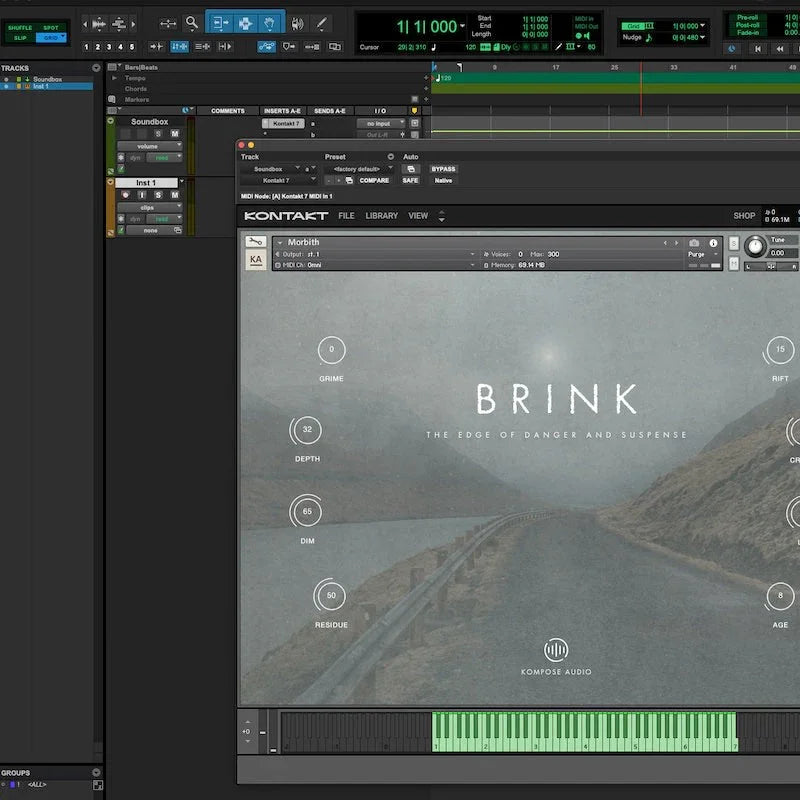Ambient music is more than just sound — it's space, feeling, and texture. It doesn’t follow traditional song structures or demand attention; instead, it gently surrounds the listener, offering stillness, introspection, or dreamlike immersion.
Whether you're new to ambient production or looking to refine your approach, here are some key points to guide your creative process:
1. Start with Atmosphere, Not Melody
Ambient music often begins with mood. Instead of building around a hook or chorus, start with a tone, texture, or soundscape. Think fog, starlight, or deep water — imagine the feeling you want to evoke and build from there.
2. Embrace Space and Simplicity
In ambient music, less is often more. Allow time for sounds to breathe. Use silence, reverb, and long decay to create openness. Think of the music like a landscape — wide, still, and full of depth.
3. Layer Textures Gently
Layering is key, but do it with intention. Combine pads, drones, field recordings, subtle harmonics, or soft modulation. Each layer should serve the atmosphere — not distract from it.
4. Sound Design is Everything
Ambient music relies on carefully sculpted sounds. Use tools like granular synthesis, spectral processing, and effects like reverb, delay, and filters. Experiment with morphing or evolving sounds that subtly shift over time.
5. Let Movement Be Subtle
Rhythm exists in ambient music, but it's often implied rather than explicit. Use slow LFOs, pulsing pads, or gradual volume/filter changes to introduce motion without a beat. If you do use rhythm, let it float.
6. Use Modal Harmony or Drones
Avoiding traditional chord progressions can help your music feel more timeless. Use modes, sustained tones, or shifting harmonic beds to create a sense of emotional openness and suspension.
7. Trust Intuition Over Rules
Ambient music is deeply personal and intuitive. Don’t overthink the “rules” of music theory or structure. If it feels meditative, enveloping, or emotional — you're doing it right.
Creating ambient music is about inviting the listener into a sonic world — one they can float in, reflect in, or dream in. With space, subtlety, and patience, you can create music that calms, heals, and transcends.




Leave a comment
All comments are moderated before being published.
यह साइट hCaptcha से सुरक्षित है और hCaptcha से जुड़ी गोपनीयता नीति और सेवा की शर्तें लागू होती हैं.